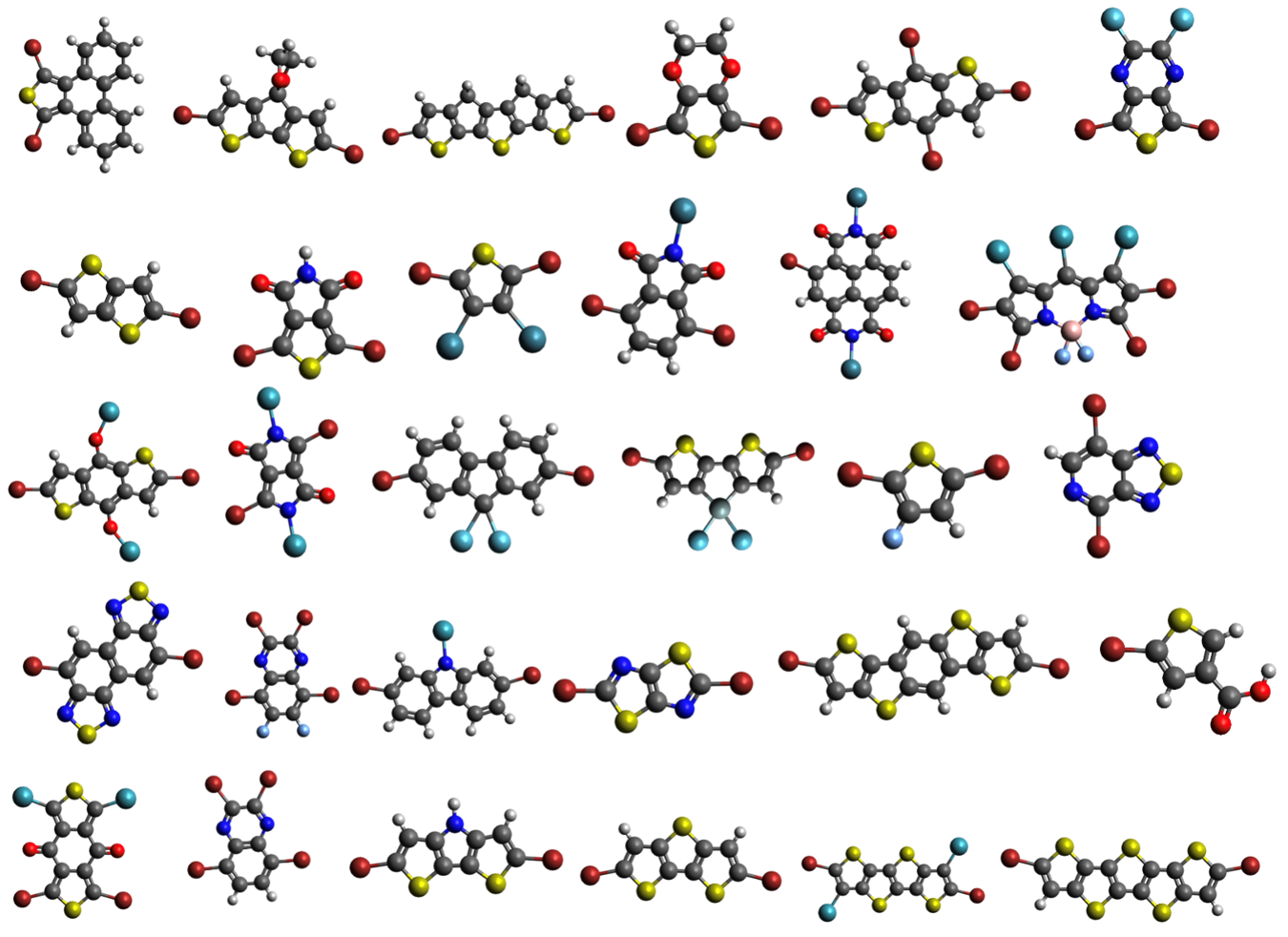Molecular Science and Engineering research theme

Researchers in the Molecular Science and Engineering theme focus on small things as they pursue big ideas. They want to understand the properties of molecules and how they fuel the chemical and biological systems that create the world around us.
They also think big to target crucial problems: Sustainably manufacturing satellites in outer space. Using artificial intelligence’s speed to make the molecules for personalized drugs and better solar cells. Harnessing supercomputers to model the cells and viruses that affect our world every day.
Researchers in the Molecular Science and Engineering theme focus on small things as they pursue big ideas. They want to understand the properties of molecules and how they fuel the chemical and biological systems that create the world around us.
They also think big to target crucial problems: Sustainably manufacturing satellites in outer space. Using artificial intelligence’s speed to make the molecules for personalized drugs and better solar cells. Harnessing supercomputers to model the cells and viruses that affect our world every day.
Researchers in this theme come from a variety of fields – biology, chemistry, physics, materials science, aerospace engineering, and more – to understand molecules and put them to work for humans. They develop cutting-edge tools to do this work, from the Molecule Maker Lab to molecular modeling software created at Beckman and shared with thousands of scientists around the world.
Their work is changing the world and beyond:
- Opening the artificial intelligence “black box” to find the chemical principles that AI relied on to improve molecules for harvesting solar energy.
- Doubling the average yield of a special, hard-to-optimize type of reaction linking carbon atoms together in molecules crucial for making medicine.
- Supercharging sustainable work like producing clean hydrogen, sequestering carbon dioxide and store wind and solar energy inexpensively and sustainably by reimagining the electrochemical reactions used to advance this technology.
- Sending manufacturing experiments to the International Space Station.
Co-chairs
- Ying Diao
- Joaquin Rodriguez Lopez
Molecular Science and Engineering working groups
Beckman Institute for Advanced Science and Technology